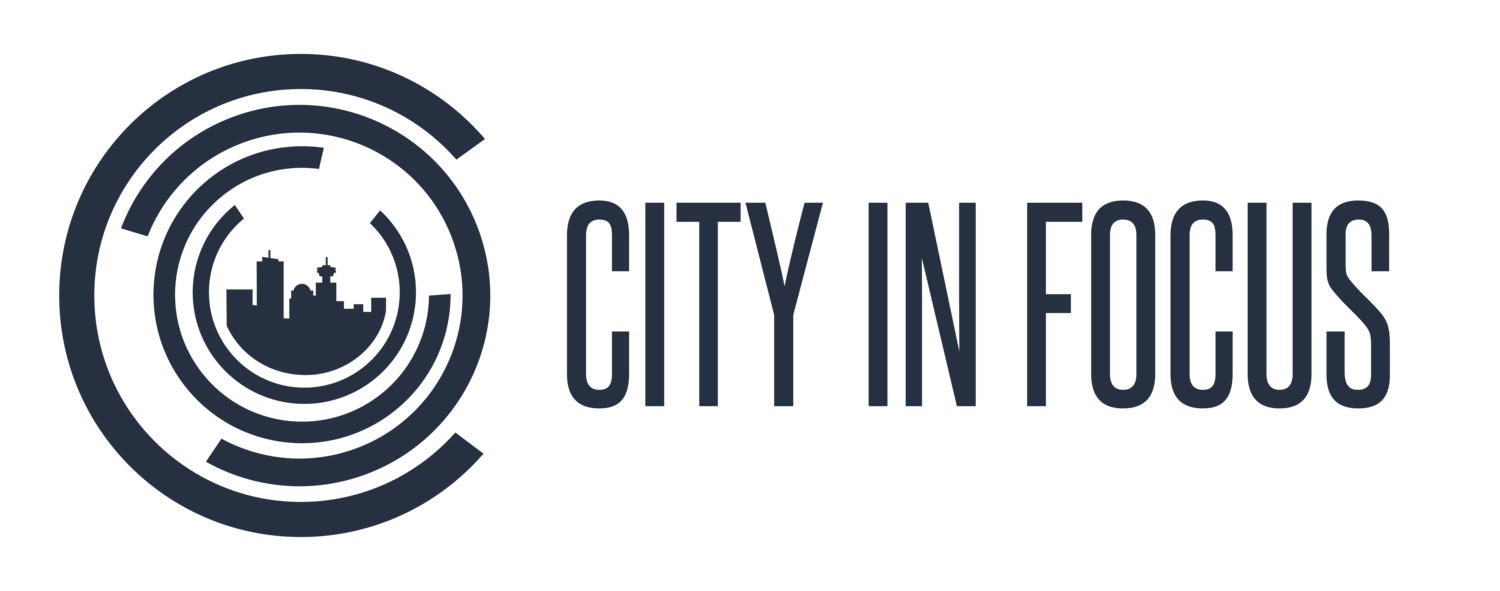The Basis of our Bias
I’ve been aware that the mental and emotional stress of this pandemic can exacerbate my own human tendency to judge others. Contemplating Brian McLaren’s detailing of the many forms of bias which can take hold in our hearts has helped shine a light on these tendencies.
Brian, a well known author, pastor, and teacher writes:
“People can’t see what they can’t see. Their biases get in the way, surrounding them like a high wall, trapping them in ignorance, deception, and illusion. No amount of reasoning and argument will get through to them, unless we first learn how to break down the walls of bias...
Confirmation Bias: We judge new ideas based on the ease with which they fit in with and confirm the only standard we have: old ideas, old information, and trusted authorities. As a result, our framing of story, belief system, or paradigm excludes whatever doesn’t fit.
Complexity Bias: Our brains prefer a simple falsehood to a complex truth.
Community Bias: It’s almost impossible to see what our community doesn’t, can’t, or won’t see.
Complementarity Bias: If you are hostile to my ideas, I’ll be hostile to yours. If you are curious and respectful toward my ideas, I’ll respond in kind.
Competency Bias: We don’t know how much (or little) we know because we don’t know how much (or little) others know. In other words, incompetent people assume that most other people are about as incompetent as they are. As a result, they underestimate their [own] incompetence, and consider themselves at least of average competence.
Consciousness Bias: Some things simply can’t be seen from where I am right now. But if I keep growing, maturing, and developing, someday I will be able to see what is now inaccessible to me.
Comfort or Complacency Bias: I prefer not to have my comfort disturbed.
Conservative/Liberal Bias: I lean toward nurturing fairness and kindness, or towards strictly enforcing purity, loyalty, liberty, and authority, as an expression of my political identity.
Confidence Bias: I am attracted to confidence, even if it is false. I often prefer the bold lie to the hesitant truth.
Catastrophe or Normalcy Bias: I remember dramatic catastrophes but don’t notice gradual decline (or improvement).
Contact Bias: When I don’t have intense and sustained personal contact with “the other,” my prejudices and false assumptions go unchallenged.
Cash Bias: It’s hard for me to see something when my way of making a living requires me not to see it.
Conspiracy Bias: Under stress or shame, our brains are attracted to stories that relieve us, exonerate us, or portray us as innocent victims of malicious conspirators.”(1)
“I don’t know any other way to be free of all these biases except through the contemplative mind. I see almost every one of them within myself–at least at some point in my life. I also believe there are enough good-willed people out there who, if presented with a list of these biases, have the freedom to investigate, “How can I let go of that? How can I move beyond that?” [Richard Rohr](2)
The scriptures support our efforts to be free of judgmental biases:
The LORD said to Samuel, “The LORD does not look at the things people look at. People look at the outward appearance, but the LORD looks at the heart." 1st Samuel 16:7
I have only been able to slowly change my biases through my exposure to those different from me. We can only glimpse someone else’s heart when we are open to listening and learning to grow comfortable with the ways they are different from us. Then, with prayer and reflection, we can go more peacefully forward together in the wonderfully diverse human world that God has created.
Blessings,
Tom
References:
1. Posted on “The Centre for Action and Contemplation.” March 1, 2021
See also: Brian McLaren, Why Don’t They Get It? Overcoming Bias in Others (and Yourself) (Self-published: 2019), e-book.
2. Adapted from Brian McLaren, Jacqui Lewis, with Richard Rohr, “Why Can’t We See?,” October 5, 2020, in Learning How to See, episode 1 (Center for Action and Contemplation: 2020), podcast, MP3 audio.
